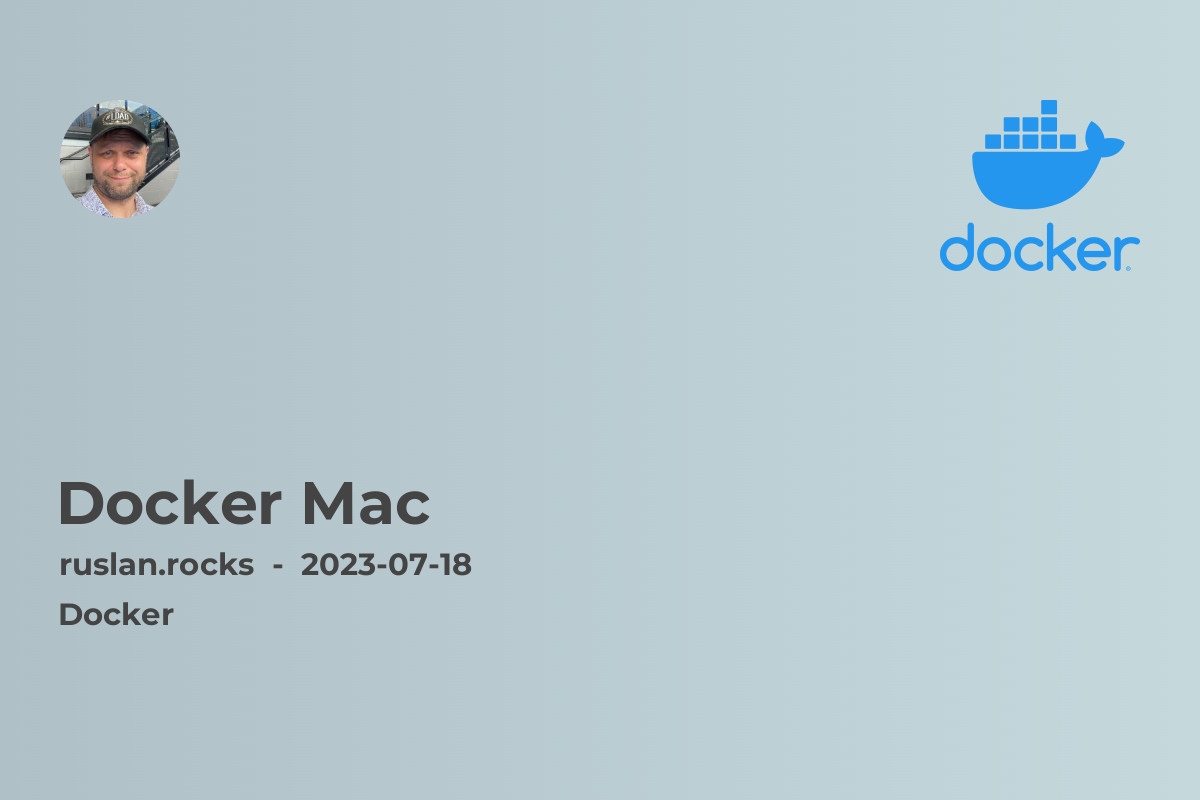- Streamlining Docker on macOS
- Simplicity and Flexibility
- Improved Performance and Efficiency
- Seamless Integration with macOS
- Related Articles

Docker Mac is a powerful tool that simplifies containerization on macOS. With Docker Mac, developers and system administrators can easily create, deploy, and manage containers without the need for complex configurations. In this article, we will explore the features of Docker Mac and how it can enhance your development workflow.
Streamlining Docker on macOS
Docker Mac provides a seamless experience for running Docker on macOS. It eliminates the need for a Virtual Machine and provides a native experience for Docker engine, making it faster and more efficient. With Docker Mac, you can easily manage containers and images, build and deploy applications, and scale your infrastructure with ease.
Docker Mac integrates Docker with native macOS virtualization technologies, ensuring optimum performance and resource utilization. It also comes with a user-friendly interface that allows you to manage your containers, networks, and volumes effortlessly.
Simplicity and Flexibility
One of the key advantages of Docker Mac is its simplicity and flexibility. It allows you to run containers with just a few simple commands, making it easy to test and deploy your applications. Docker Mac also provides a wide range of options for configuring and customizing your containers, allowing you to tailor them to your specific needs.
Improved Performance and Efficiency
Docker Mac leverages the power of macOS virtualization technologies, such as HyperKit, to provide improved performance and efficiency. It allows you to run containers with minimal overhead, ensuring that your applications run smoothly and efficiently. With Docker Mac, you can take full advantage of your macOS system resources without any performance degradation.
Seamless Integration with macOS
Docker Mac seamlessly integrates with macOS, providing a native experience for containerization. It allows you to leverage existing macOS tools and frameworks, such as Spotlight and Time Machine, to enhance your development workflow. Docker Mac also integrates with the macOS networking stack, making it easy to access your containers both locally and remotely.
Related Articles
-
Docker Compose: Simplifying Container Deployment: Docker Compose is a powerful tool that simplifies the deployment and management of multi-container applications. Learn how to use Docker Compose to define and run your application's services in a declarative way.
-
Docker Networking - How To Connect Containers: Docker provides several networking options for connecting containers. Explore the different networking modes and learn how to connect containers using bridges, overlays, and host networking.
-
Docker Security Best Practices: Ensuring Container Security: Discover best practices for securing your Docker containers, including container isolation, image vulnerability scanning, and network security measures.
-
Docker Volumes: Managing Data in Containers: Docker volumes enable you to persist data generated by your containers. Explore different types of volumes, including named volumes and bind mounts, and learn how to manage and back up your container data.
-
Docker Install Mac: A Guide for Beginners: If you're new to Docker on macOS, this guide will walk you through the installation process step by step. Learn how to install Docker on your Mac and get started with containerization.
In conclusion, Docker Mac is a powerful tool that simplifies containerization on macOS. It provides a native experience and integrates seamlessly with macOS, allowing developers and system administrators to easily deploy and manage containers. With improved performance and flexibility, Docker Mac is a valuable addition to any development workflow on macOS.
So, why wait? Get started with Docker Mac and unlock the full potential of containerization on your macOS system.
